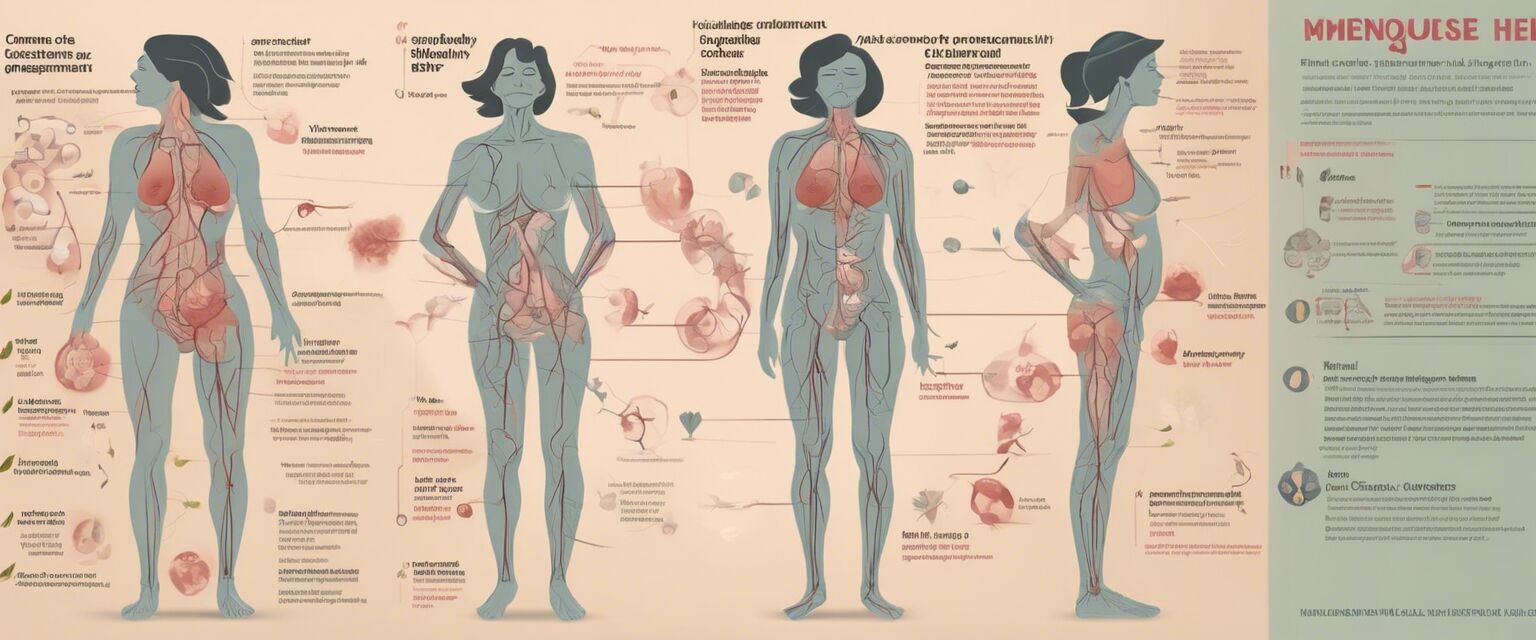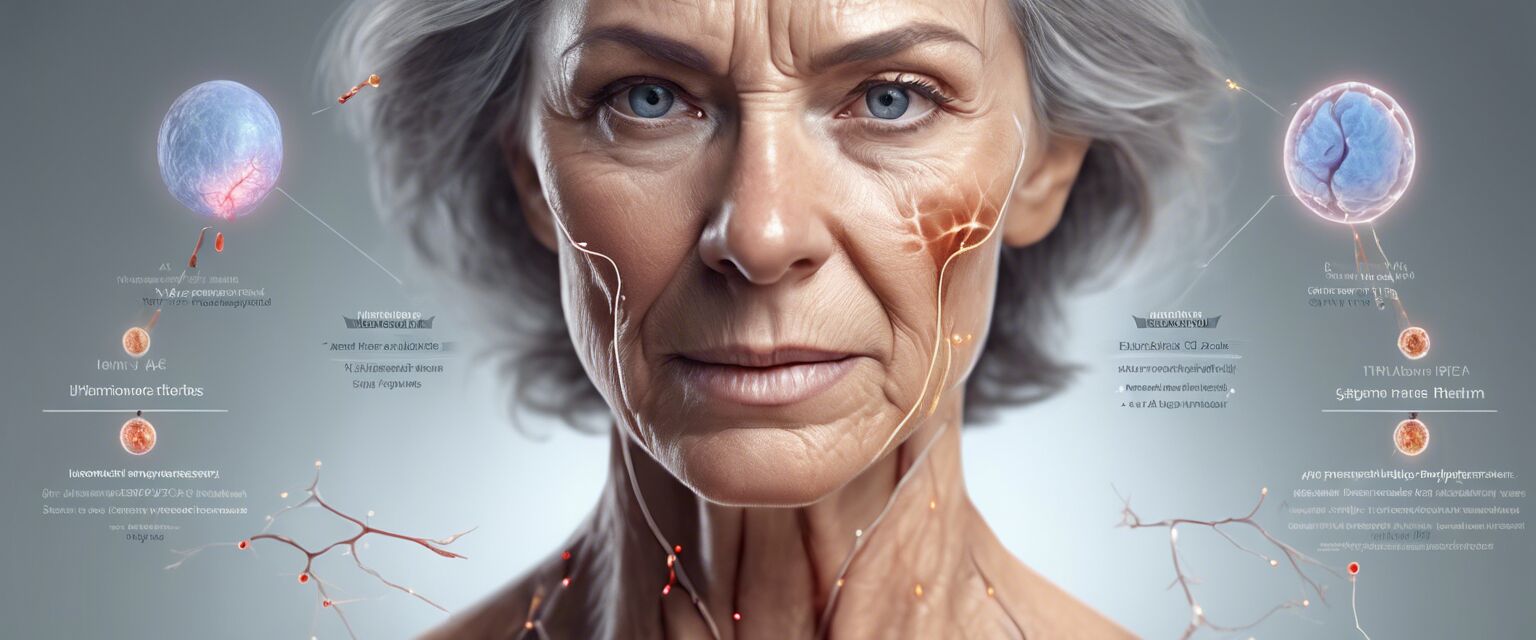
Menopause and Sexual Health
As women approach menopause, they may experience a range of physical and emotional changes that can affect their sexual health. From changes in libido to vaginal dryness, these symptoms can be uncomfortable and even embarrassing to discuss. However, it's essential to address these issues to maintain a healthy and fulfilling sexual life.
Key Takeaways
- Menopause can bring about changes in libido, vaginal dryness, and intimacy.
- Hormonal fluctuations, vaginal atrophy, and emotional changes contribute to these symptoms.
- Lifestyle changes, self-care practices, and communication with your partner can help alleviate symptoms.
- Exploring available treatment options and seeking professional help can improve sexual health.
Understanding the Changes
During menopause, the decrease in estrogen levels can lead to various physical and emotional changes that affect sexual health. These changes can include:
| Physical Changes | Emotional Changes |
|---|---|
| Vaginal dryness and itching | Low libido and decreased interest in sex |
| Painful intercourse | Anxiety, mood swings, and depression |
| Changes in vaginal discharge | Fatigue and low energy |
Lifestyle Changes and Self-Care
Making lifestyle changes and practicing self-care can help alleviate symptoms and improve sexual health. These changes include:
- Regular exercise to improve mood and reduce stress
- Healthy diet rich in omega-3 fatty acids, vitamin D, and calcium
- Staying hydrated to prevent vaginal dryness
- Practicing relaxation techniques, such as meditation and deep breathing
- Engaging in activities that bring pleasure and intimacy, such as massage and sensual touch

Communication and Intimacy
Open communication with your partner is crucial in addressing sexual health issues during menopause. It's essential to:
- Discuss your feelings, desires, and concerns with your partner
- Explore new ways of intimacy, such as sensual touch and erotic massage
- Practice emotional intimacy, such as sharing thoughts and feelings
- Seek couples therapy or counseling to improve communication and intimacy
Treatment Options
In addition to lifestyle changes and self-care practices, there are various treatment options available to address sexual health issues during menopause. These include:
- Hormone replacement therapy (HRT)
- Vaginal estrogen creams or rings
- Osphena, a non-hormonal prescription medication for vaginal dryness
- Lubricants and moisturizers to reduce vaginal dryness and pain

Conclusion
Menopause and sexual health issues can be challenging to discuss, but it's essential to address these symptoms to maintain a healthy and fulfilling sexual life. By making lifestyle changes, practicing self-care, and exploring available treatment options, women can improve their sexual health and overall well-being.

Benefits of Addressing Sexual Health Issues
- Improved intimacy and connection with your partner
- Enhanced sexual pleasure and satisfaction
- Increased confidence and self-esteem
- Better overall health and well-being
Challenges of Addressing Sexual Health Issues
- Embarrassment and discomfort discussing symptoms
- Difficulty finding the right treatment options
- Impact on relationships and self-esteem
- Feeling overwhelmed and unsure of where to start
Beginners Section
If you're just starting to explore menopause and sexual health, here are some tips to get you started:
- Start by discussing your symptoms with your healthcare provider
- Explore online resources and educational materials
- Join a support group or online community to connect with others
- Practice self-care and prioritize your overall health and well-being








